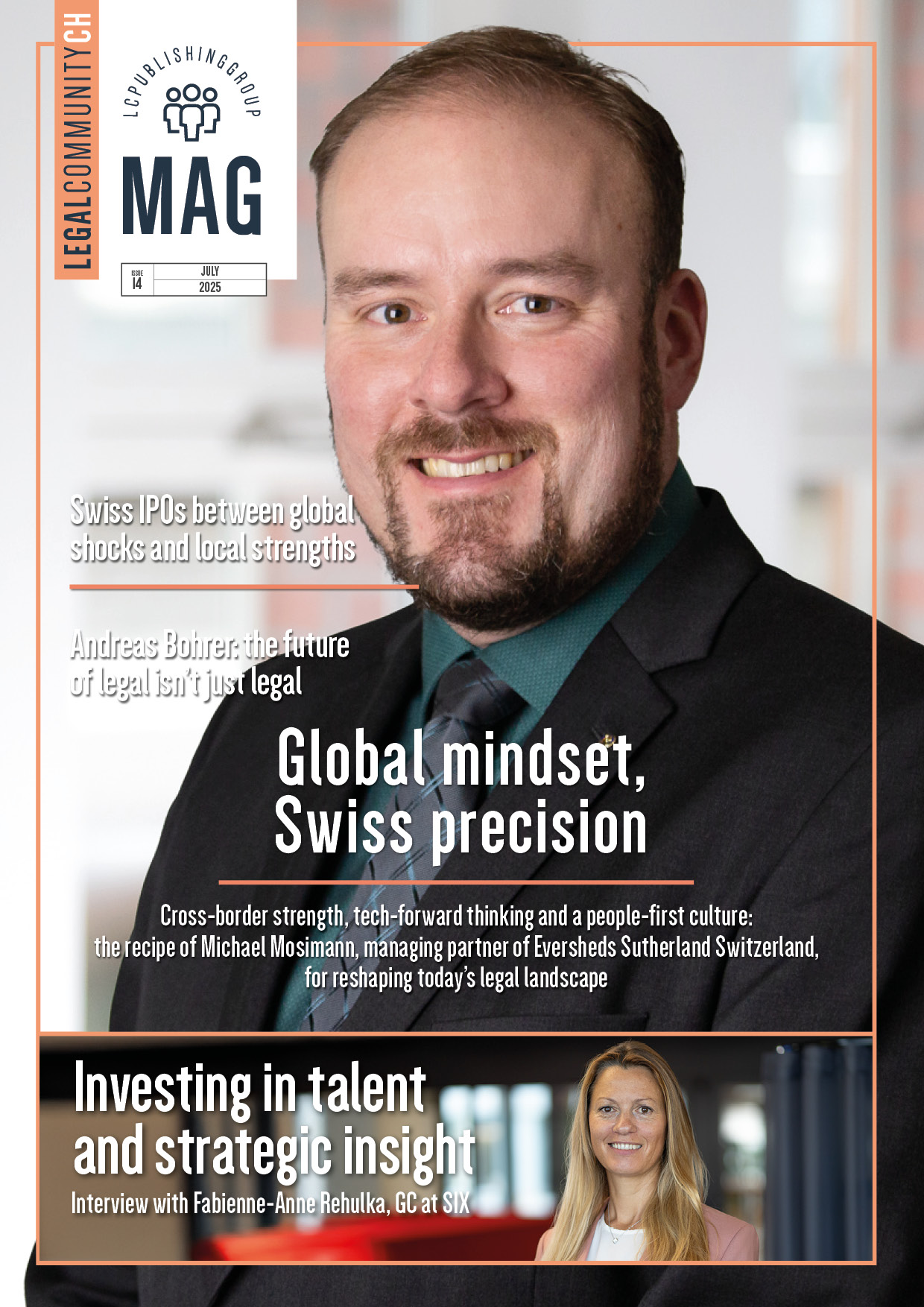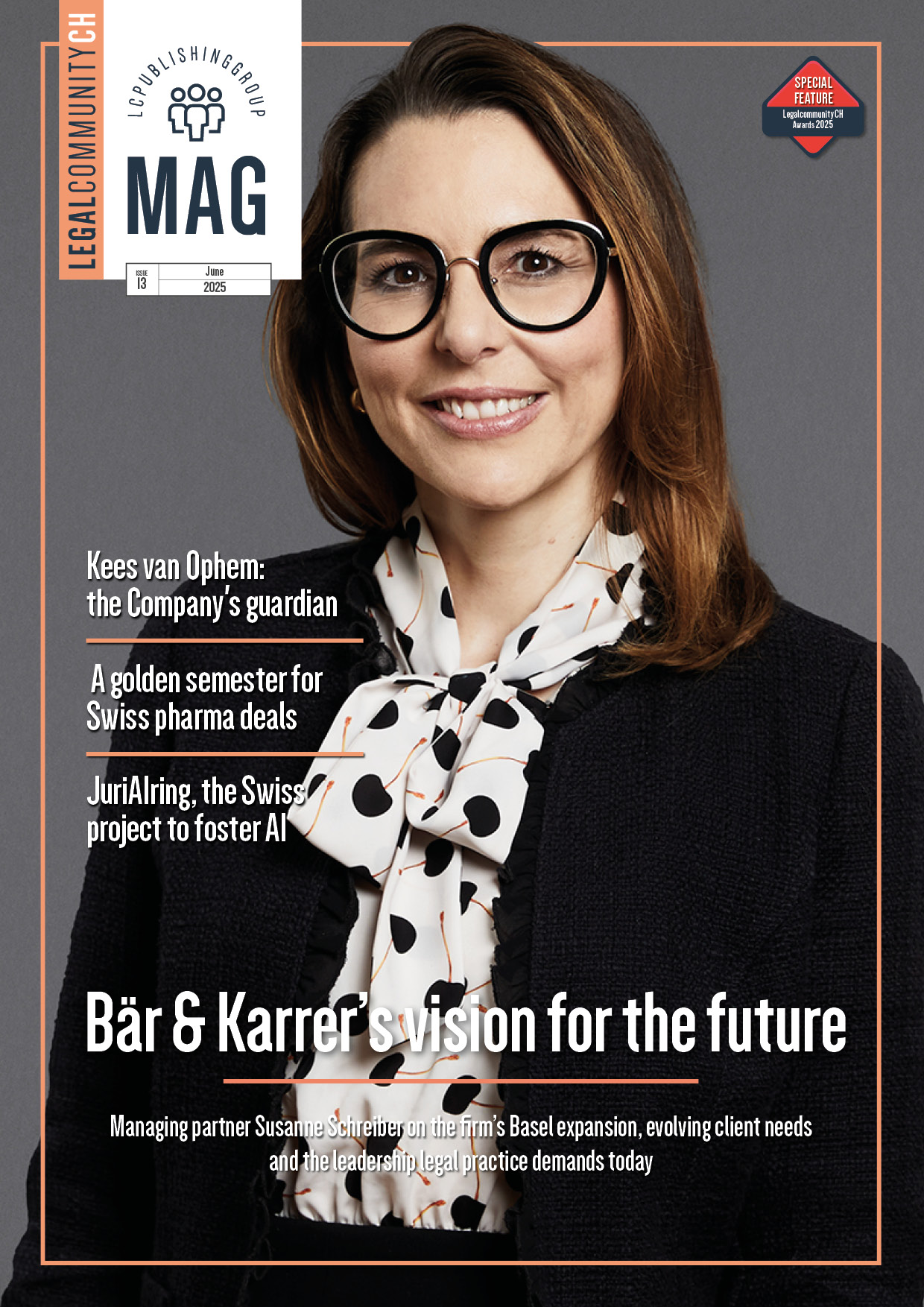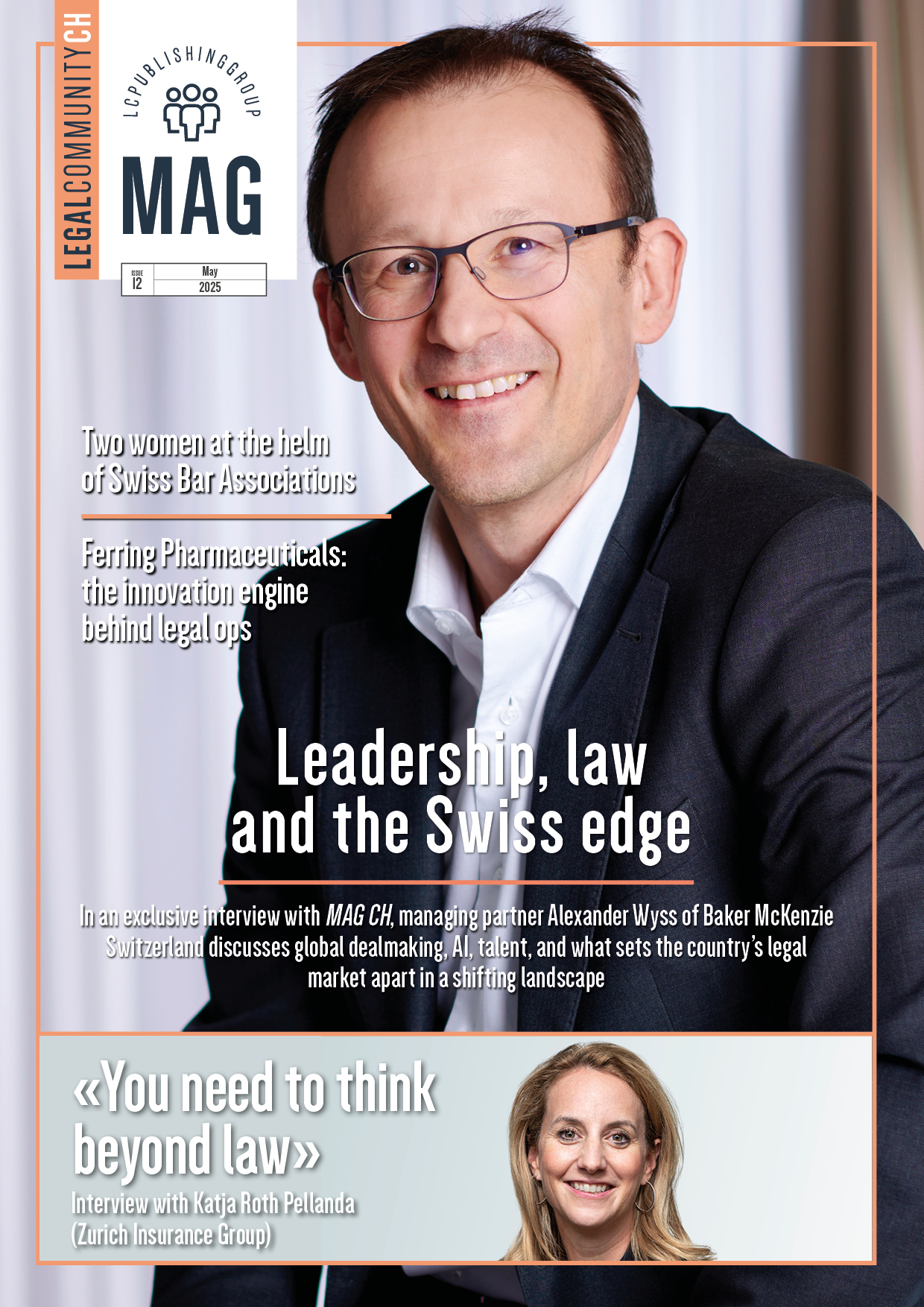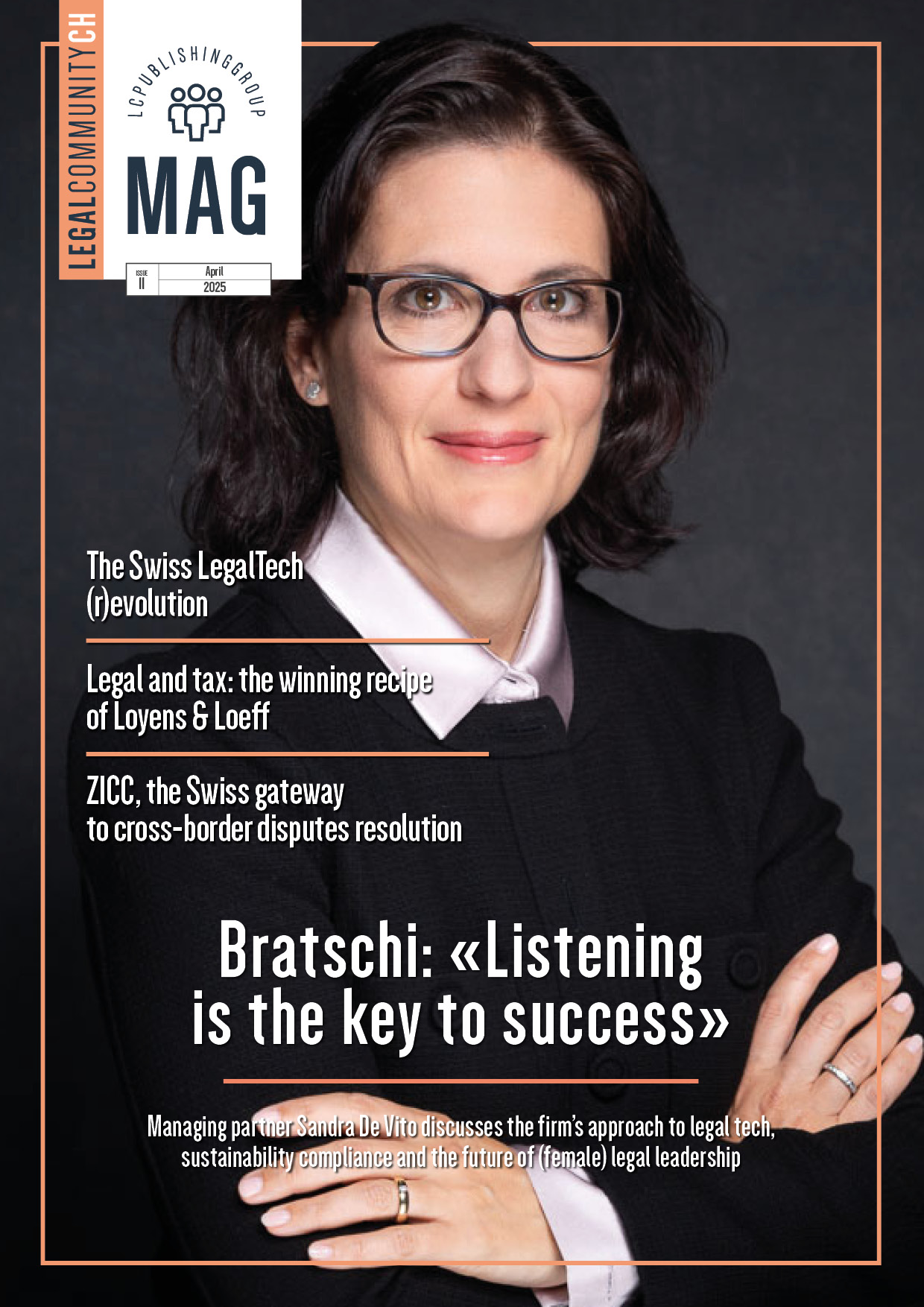Jeff Carr retires—and this time he really means it
Jeff Carr is not shy, and he doesn’t like to sit still. For years he was the general counsel who was most vocal about how the legal profession had to change in order to survive. From his bully pulpit as the top lawyer for FMC Technologies, he railed against hourly bills and other traditional practices of law firms. He said firms charged too much, and at then oil and gas company, he instituted a series of incentives and penalties to force outside counsel to work more efficiently and to adhere more closely to the budget he set with them.
After his long (2001-2014) stint as general counsel, Carr retired from FMC. But it didn’t last long. He worked at the firm Valorem, then ended up as a GC again, at the chemical company Univar. After rebuilding that company’s legal function, Carr announced that he did what he set out to do, and was really going to retire, which he did in November. Still, Carr remains on the payroll until the end of March to finish up at Univar and remains an outspoken critic of law firms and how law is practiced. His retirement this time means he’ll have more time to spend with family and indulge his hobby, racing light race cars competitively. MAG spoke to Carr as he was driving his Alfa Romeo Stelvio (“an SUV that thinks it’s a sport sedan”) to Ohio to pick up a lightweight trailer for his race car.
You’re retiring for the second time. The first time didn’t work out?
It was okay. I was done at FMC Technologies and I accomplished everything I wanted to do there. It was time for me to move on. But I was certain that I’d stay involved in some way with the legal industry. So I went to work with Pat Lamb’s group at Valorem, and then I got a call from a guy who was on the board at FMC Technologies. He was on the board at Univar. He said they’d just lost their general counsel; he followed the CEO to another company. Would you come here and help put this place back together again?
What did you say?
I told him no, I’m retired, I retired for a reason and I’m not looking to go back to work. They made it hard to say no. So, my commitment was three years or so to build a sustainable law team. If I did it earlier, I’d leave earlier, if it took longer, I’d leave later. That was the deal. And so that’s what happened. I found a successor, got the team restructured. We finished a large acquisition. I’m too old to work that hard. And the team was in a good place, so it was time for me to move on.
It says on your LinkedIn page that you’re an advisor to the CEO of Univar. What does that mean?
I stood down as GC as of November 1. But I’m on the payroll until March 1. Most of that is transition. But there’s some stock to vest, programs to be done. My job, to be consigliere to the CEO and the board, is the same.
I had five projects that I was working on for the CEO. Three of them are done, so the other two I’ll wrap up in the next 54 days. But who’s counting?
I hope that I’m remembered for talking about value in the delivery and customer focus, as opposed to clients. And third, bringing the delivery of legal services into the 20th century. I don’t think law is special, I don’t think lawyers are special. I think the profession is at risk right now of irrelevance, and it’s an honorable profession, a great profession. I love it, and I don’t wish for it to become irrelevant. But unless it changes, I fear that’s exactly what will happen. It will be marginalized, continually marginalized. I hope that’s my legacy, getting a voice, getting out of Lawland and into the real world.
I don’t think lawyers are special. I think the profession is at risk right now of irrelevance.
When the 2008 crisis hit, people were saying this changes everything. Then it was, well maybe not everything. Then later, are we back to the old ways? To me this always sounded like in-house lawyers made brave noises about change. But the law just broke down into high and low culture, commodity and important stuff. And when something big happened, it was back to the brand name. They still scrambled to hire the big guns.
That’s right. Sometimes, you go to those providers because it is critical. Sometimes, it’s because, nobody ever got fired for hiring McKinsey or IBM or fill in the blank. And that’s just as true in law. I think there’s much more talk than action.
There was a magazine cover about 10 years ago, about “The Cold War,” in-house and outside counsel standing back to back not talking. And in some ways, things have gotten better, but a lot is the same. There’s still tremendous talk and little action, and whether that manifests as who you hire or how you do the work doesn’t really matter.
Why do you think that’s so?
It’s a tribal problem. Our tribe, whether buyers or sellers, are by definition lawyers. And the buyers in-house, it’s hard for them to accept that they’re not special, that they’re not different. And so, by default they go back to the tribe. Like everything else, it’s complex. What’s fascinating to me is that most lawyers and most heads of Legal think it’s about law as opposed to it’s about customer success. Substance does matter. But ideas are one thing, what matters is getting things done.
As a tribe, we’re good about talking about stuff. And we’re particularly good at telling people why it won’t work. But we’re not as good about getting stuff done. And part of that is we’re counselors, we’re not doers. We’re wired in a way that’s antithetical to how business actually runs.
As a buyer of legal services. You talked about value. Did you ever wonder whether you were nickel and diming your suppliers to death? That their service would suffer?
I didn’t. But my approach is different from many. Folks that are focused on task management, billing guidelines, frankly, micromanagement, that runs the risk of nickel and diming. Nothing wrong with it. It’s the first wave of supply chain management, where you have a tendency to micromanage.
I don’t want to run a law firm’s business. I don’t want to run a legal services provider’s business. I don’t want to tell them they can only have two people at meetings—all that kind of stuff. All I care about is the budget, and where are we on the budget? And so how much activity you expend to get there is irrelevant to me. That requires upfront discussion of things people don’t like to discuss, or don’t think of discussing. Like what should this cost? I don’t think cost is a function of how many paper clips, how many pages, how many lawyers, how many associates. That has to do with the supplier’s cost and it has nothing to do with value to me, the buyer.
I don’t want to run a law firm’s business. I don’t want to tell them they can only have two people at meetings—all that kind of stuff. All I care about is the budget.
Law school attendance is down. Do you still think that going to work as a company lawyer is still a good idea for a young person?
Right out of law school or early in his or her career?
It depends on what kind of department you want. If you’re like me, there are very few people who are fit for the purpose…
You had to deprogram them…
Yeah exactly. That’s a backwards way of answering your question. Do I think it’s good for a young lawyer to work for a company? Yeah, I do because that’s closer to the actual customer than being in a law firm. Now if you want to be a litigator, go work in a law firm, because most companies don’t need or want to staff a litigation department. If you want to do deals, interesting questions. Paper deals? Go to a law firm. If you want to negotiate deals, go in-house. If you want to make a lot of money and not work particularly hard, go into investment banking.
Let’s talk about racing. What do you do?
I race competitively in a class with vintage race cars. In other words, old cars, old drivers. And I race a 1969 Caldwell D9 Formula 4. That’s an open car, weighs about 850 pounds, at least before I get in it. And it’s very low powered, but because it’s so light, it handles incredibly well. It’s not straight line fast, but it’s fast around a track. And it’s sort of like a go-kart. Simple technology, there’s no electronics or antilock brakes. If it doesn’t help the car go, stop, or turn, it’s not on the car.
I race those competitively. And I also do something called HPDE, or high-performance driver education. A lot of people call them track days, and I drive Lotuses. Right now I have a car like a Lotus, called a Zenos, lightweight. I do some driving, and also some driver education. It’s fun .
When you were GC, what kept you up at night?
Nothing, really. That’s one of the questions people like to ask. What did I worry about? Not many things. What annoyed me? That’s a different standard. People not doing their job. Passive resistance bothers me. But I didn’t lose sleep over it.
There aren’t many things that are company threatening. And even if they are, your job is to help the company get through it. The only thing, is the ethical dilemma, when there’s a conflict being your boss and the client. The client is the corporation, your boss the CEO. I’ve been fortunate not to have the thing where you say I disagree with what you’re doing, and it’s an ethical conflict.
That’s the central contradiction of the in-house lawyer, isn’t it?
It is. And as long as you understand that there’s a difference between client and boss, and your compass is aligned the right way, you’ll find your way through that.
















